- With a new educational ethos rooted in ethics and exploration, the Young Cosmonauts School redefines space education to cultivate future scientists.
- The programme’s Malaysian launch, timed with LIMA 2025 position the country as a hub for regional aerospace innovation and international cooperation.
- By empowering Malaysian students with physical, mental, and ethical training, the school seeks to nurture a generation that can lead humanity’s next steps into space.
By Sebastian Lim
IN AN era increasingly defined by both technological ambition and the urgent need for global cooperation, a bold new educational initiative is taking root in Southeast Asia. The Commonwealth of World Chinatowns has initiated the International Youth Space Academy (IYSA) whose anchor course is the Young Cosmonauts School, which has run in Moscow for the last three years. Young Cosmonauts School (YCS), a space education programme with deep ethical underpinnings, hopes to launch its Malaysian chapter — an endeavour that promises to reshape how young Malaysians engage with science, space, and their own potential.
Origins of the Young Cosmonauts School
The story of YCS began in a wilderness camp in 2022. There, a Russian cosmonaut who had spent a year in orbit shared his experiences with children under canvas skies. Organised by a Russian youth group, with guidance from the Association Ecology of the Unknown (AEU) and the Gagarin Cosmonaut Training Center (GCTC), this immersive event sparked an idea. The organisers realised that space education could be far more than technical training — it could be a transformative journey of ethics, self-awareness, and cooperation. Out of this vision emerged the Young Cosmonauts Training Center, now known as the Young Cosmonauts School.
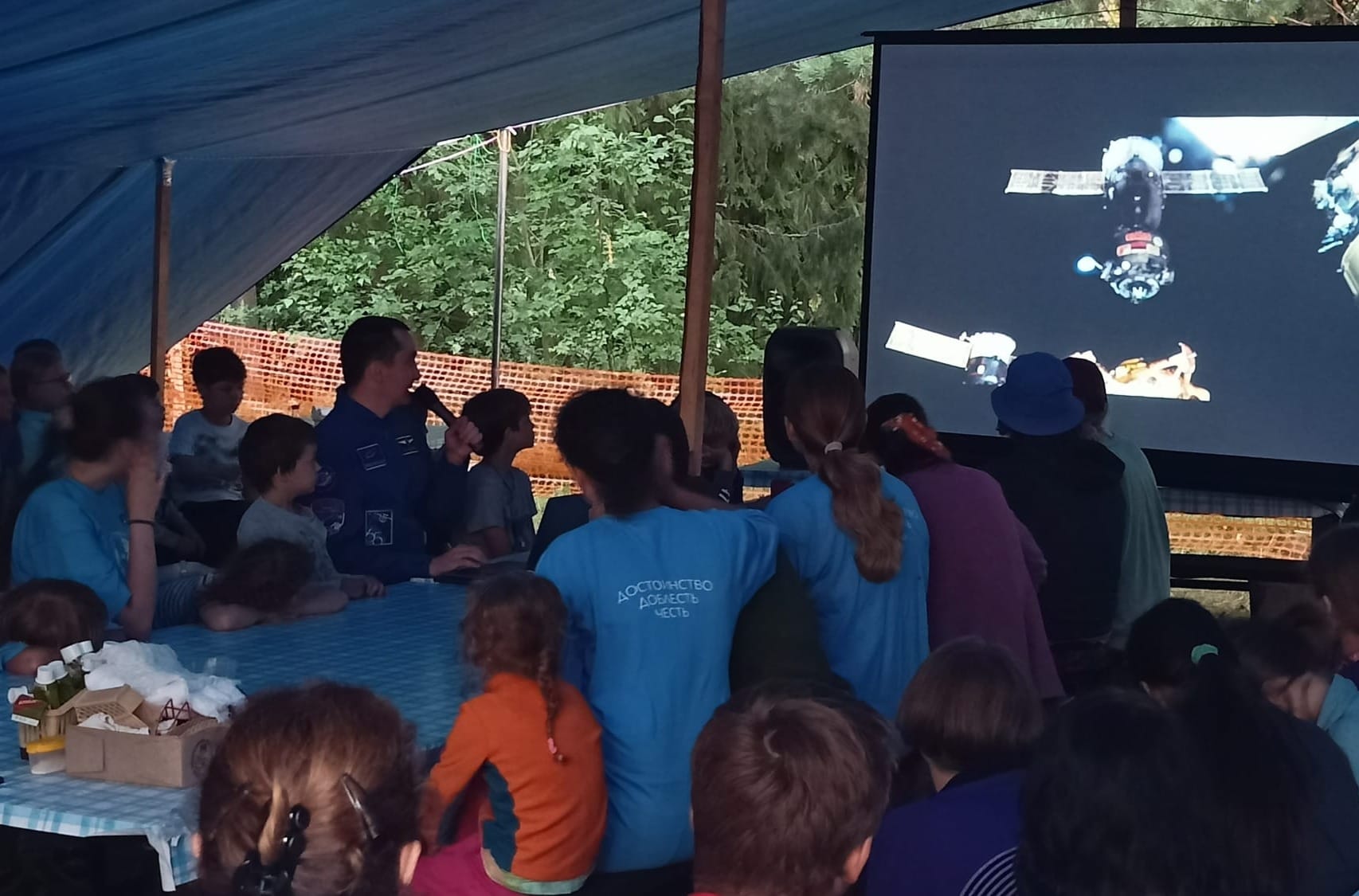
Malaysia as the bridge
The expansion of YCS to Malaysia was not a matter of chance. It arose from growing international cooperation initiated by the AEU and its network of partners through the social movement, Ethics of the Cosmos. Winfred Khoo, a regional representative of this movement for Malaysia and Singapore, played a key role in building the bridge between Russian and Southeast Asian partners. According to Timofey Egorov, Chief Coordinator of the Young Cosmonauts School, Malaysia was a natural choice. “There’s a shift in global development toward the South,” Egorov explains. “Malaysia is open to new ideas, has its own space programme, and enjoys friendly relations with Russia. It’s a fertile ground for growing something meaningful.”
Lima 2025: Launchpad for collaboration
The collaboration will gain serious momentum during LIMA 2025 (May 20 to 24), Malaysia’s premier aerospace and maritime exhibition. It is here that Russian and Malaysian representatives will meet and formalise the partnership with the signing of a Memorandum of Understanding (MoU). The event will also offer crucial insights into Malaysian society, culture, and its readiness to embrace such an initiative.
Unique vision for space education
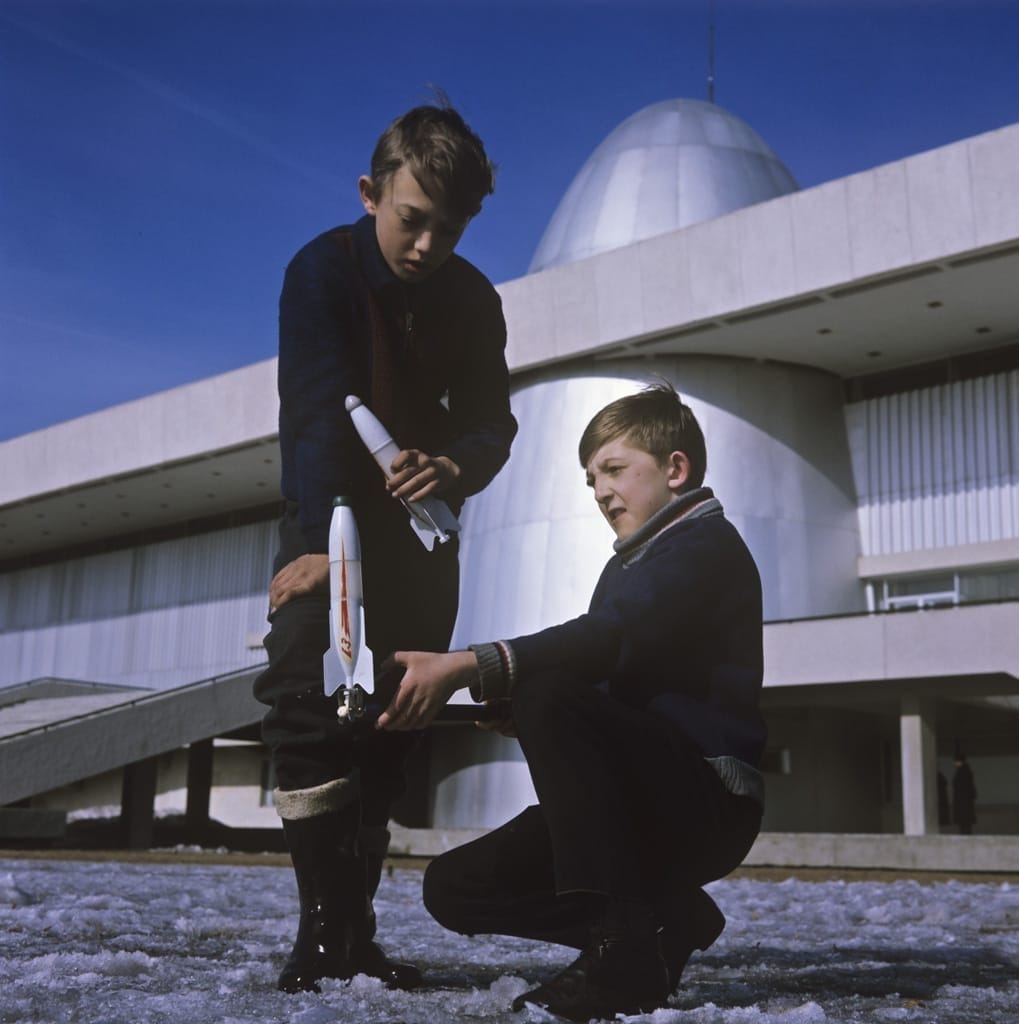
At its core, the Young Cosmonauts School is fundamentally different from traditional STEM programmes. While science, engineering, and technology form the foundation, the heart of YCS lies in ethics — what the founders call the “Cosmic mindset.” This philosophy, rooted in Russian Cosmism, emphasises human responsibility, harmony with the universe, and moral development as prerequisites for space exploration.
“Without ethics, space exploration is doomed,” says Egorov. “In space, ego has no place. Everything must come from the pure soul and align with the universal laws.”
What Malaysian students can expect
The Malaysian chapter of YCS will start with immersive one- or two-week camps tailored to students aged 10 to 15. In these camps, participants will learn wilderness survival skills, the foundations of a healthy lifestyle, psychoenergetics, and the science behind space gear and missions. The emphasis is on holistic development — both physical and mental — preparing students for the challenges of space, and life itself. Further down the line, YCS will be integrated into the Commonwealth of World Chinatowns (CWC) Enterprise Campus in Penang, as the IYSA, offering a year-round programme modelled after its Russian counterpart. Activities will include weekly classes, cosmonaut meet-and-greets, cultural exchanges, and possibly even visits to the GCTC in Russia.
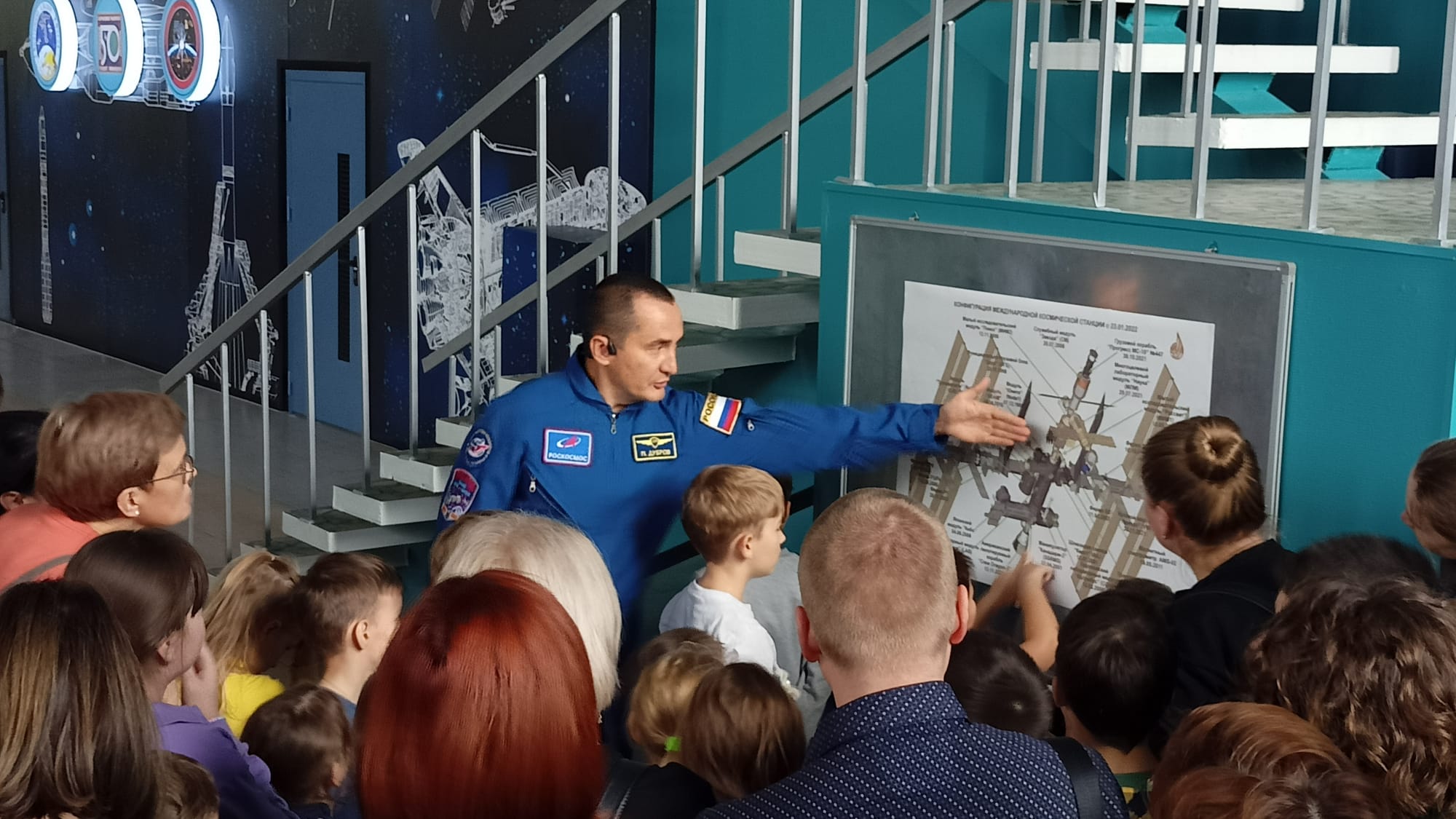
Localised curriculum, global philosophy
Although the Russian model serves as the base, each YCS branch is adapted to suit the local cultural and educational context. In Malaysia, this means harmonising Russian scientific legacy with Malaysian values and sensibilities. Still, core ideas — like the philosophical and ethical teachings of Cosmism — remain central. “Our aim is not to clone the Russian programme but to create something new together,” says Egorov. “The Russian and Malaysian mentalities can complement each other in beautiful ways.”
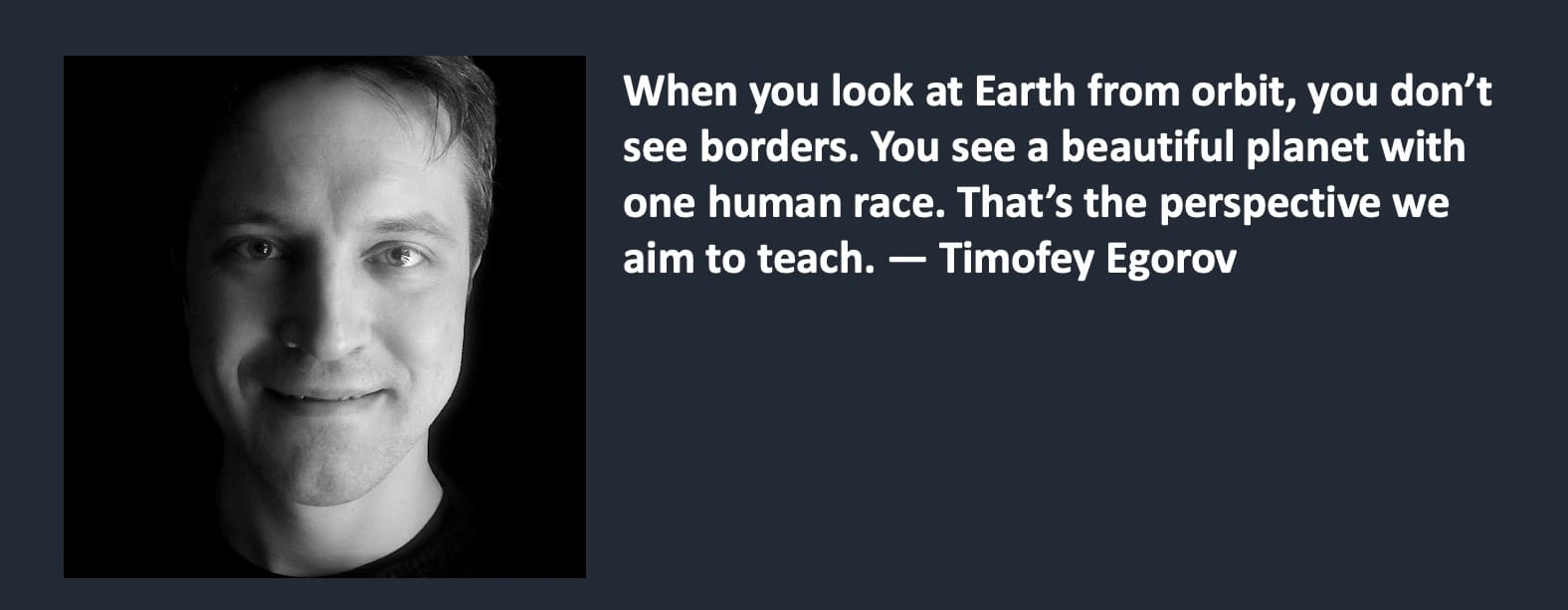
From classroom to cosmos: Preparing future astronauts
The Young Cosmonauts School goes beyond inspiring curiosity — it actively grooms students for careers in space. This includes physical training to meet the rigorous health standards required of astronauts, hands-on lessons in how spacecraft and mission logistics work, and education in ethics-driven decision making. Crucially, the programme doesn’t view its students as passive learners but as future pioneers who will shape humanity’s destiny in space. “Yes, we expect to see future astronauts from Southeast Asia,” Egorov asserts. “This programme plants the seeds.”
Building bridges through education and ethics
The YCS initiative is more than a school — it’s a diplomatic tool and a cultural bridge. With alumni expected to become ambassadors of peace, cooperation, and technical excellence, the project offers a new model for “space diplomacy.” By teaching young people about interconnectedness and shared responsibility, it hopes to sow trust across political and ideological divides.
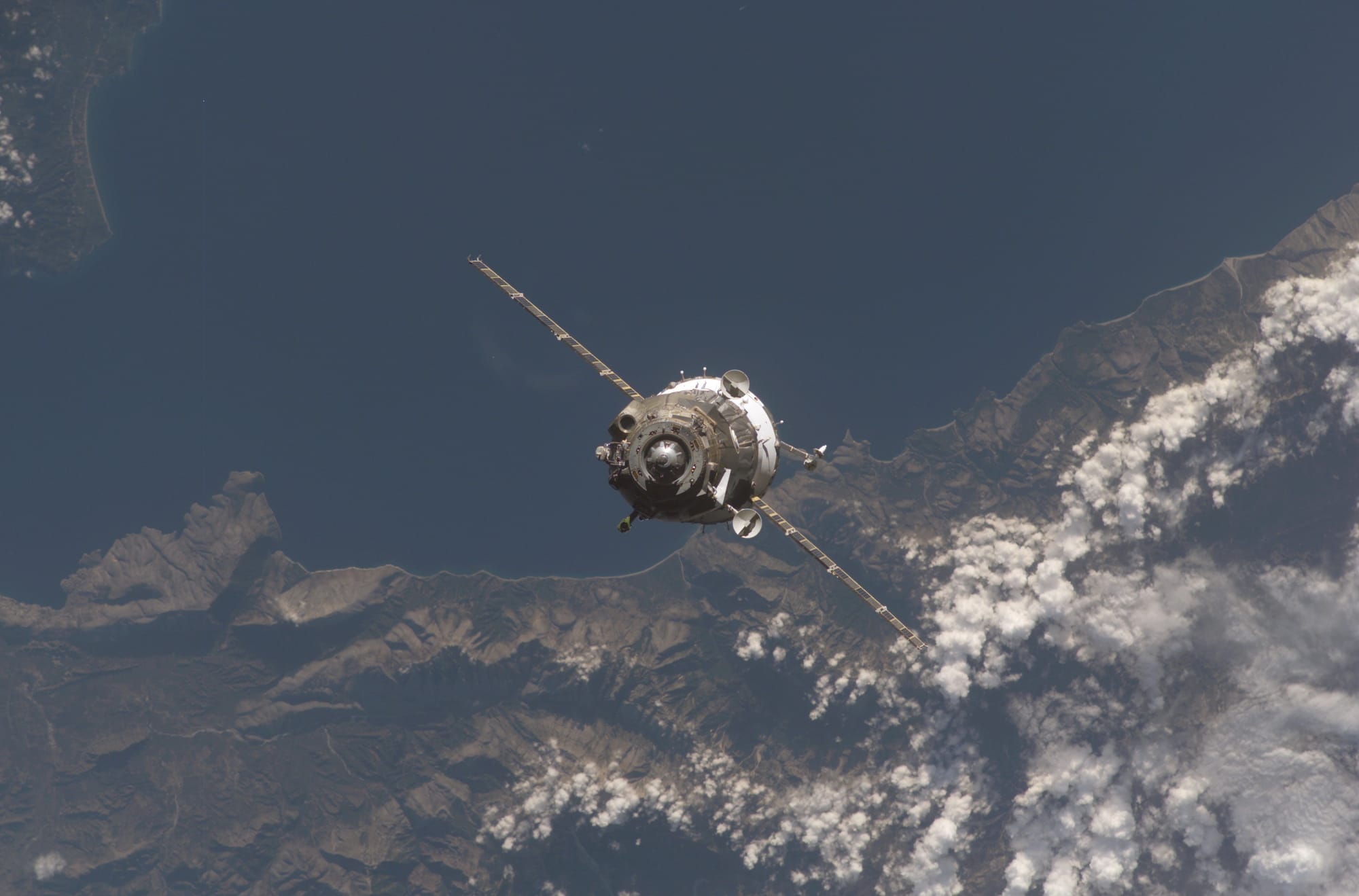
“Space is only 100 kilometers above our heads, but to reach it in spirit requires a revolution in human consciousness,” says Egorov. “Education based on ethics can be that revolution.”
The Malaysian branch of YCS marks a milestone in Russia’s outreach to ASEAN, serving as both a symbol and mechanism for deeper regional cooperation in aerospace. Given Malaysia’s equatorial location — ideal for launching satellites — and its existing space programme, the country is strategically positioned to play a major role. In the long term, Egorov envisions joint ASEAN-Russian space research, collaborative satellite missions, and perhaps even an ASEAN-based spaceport.
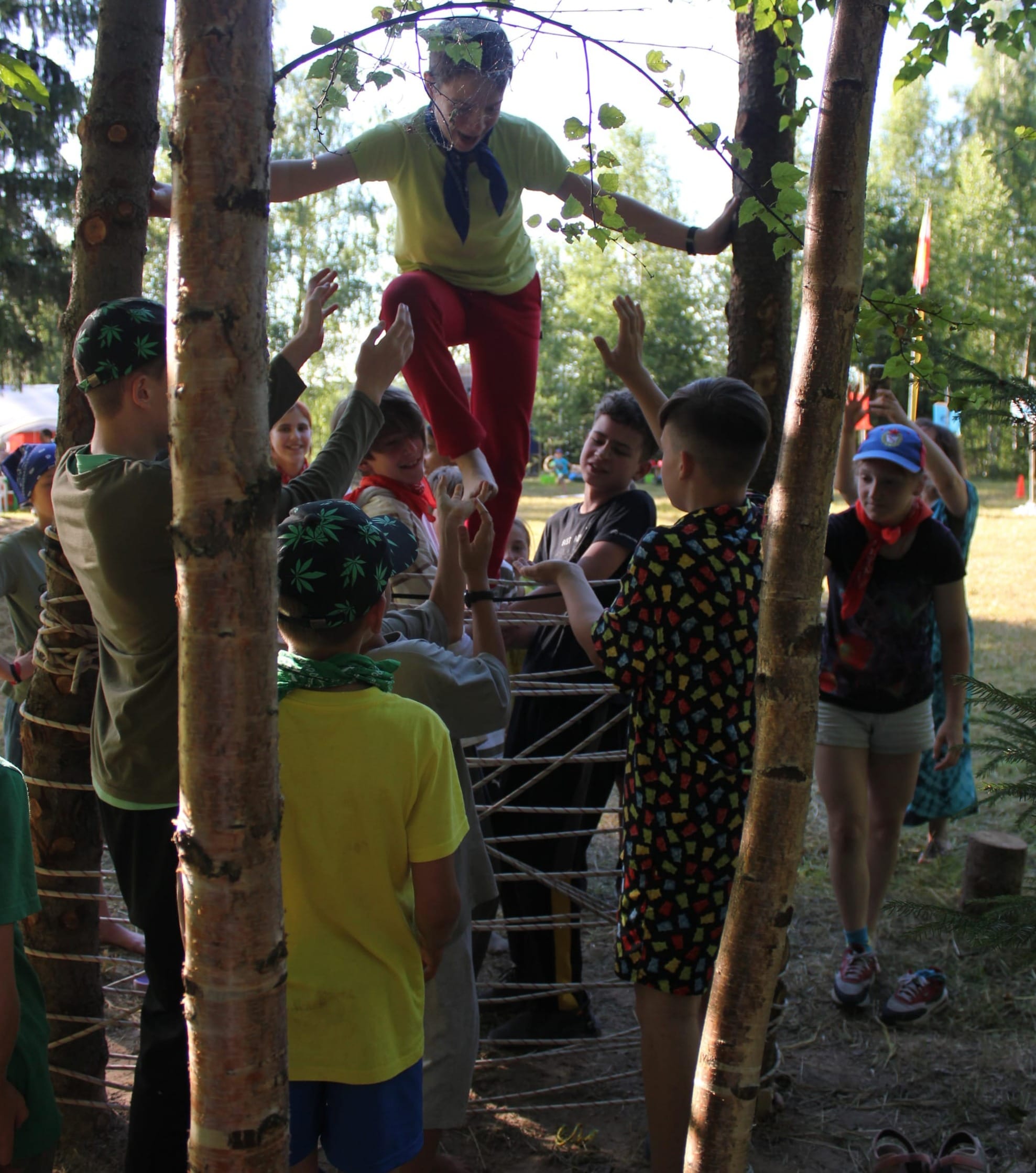
Measuring success beyond numbers
Unlike most educational programmes that focus on test scores or university placements, YCS defines success more broadly and holistically. In the short term, it looks at community engagement — number of applications, partnerships, and interest. In the medium term, it tracks student participation and growth. And in the long run? The true measure of success will be the number of students who enter the space industry or become astronauts.
The driving force: A passion for transformation
At the heart of this initiative is a deep conviction that young people hold the key to humanity’s future. “Today’s adults are often too set in their ways,” says Egorov. “But youth are open. They are sensitive. They are our only chance to shape a better world — one in tune with the Cosmos.”
Message to Malaysia’s youth
To those dreaming of space, the message is clear: dream boldly, but live ethically. “Your level of ethics defines your evolutionary rank,” says Egorov. “To be a Champion, first be a Man. Be a worthy representative of the human race.” While space education is increasingly caught in geopolitical rivalries, the YCS refuses to view itself as part of that race. Instead, it offers an alternative: a collaborative, non-competitive approach grounded in mutual growth and understanding. “When you look at Earth from orbit, you don’t see borders,” Egorov reflects. “You see a beautiful planet with one human race. That’s the perspective we aim to teach.”
New dawn for space education
With its launch in Malaysia, the Young Cosmonauts School promises to be more than an educational programme — it’s a movement. A movement that combines Russian space expertise with Southeast Asian vision, and ethics with exploration. In doing so, it aims not only to train future astronauts but to inspire a new generation of ethical global citizens ready to take humanity to the stars.




